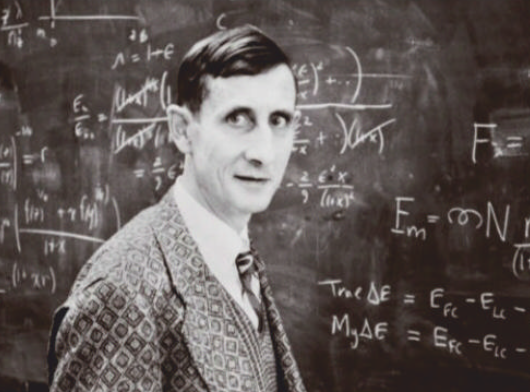In 1958 he was briefly lured away from his professorship at the IAS to work on Project Orion: a plan to build a rocket, propelled by nuclear power, that would be faster and more efficient than any other. The basic principle was to throw a stream of nuclear bombs out of the back of the rocket, detonate them, and ride the shockwaves to Mars and beyond. On paper, it seemed to work. Flight tests on small models, using conventional explosives, were encouraging.

The project was scuppered in the end by a mix of political queasiness over the fallout (rather literally—later modelling suggested that each launch of a modestly-sized rocket from Earth's surface would kill about ten people) and the partial test ban treaty of 1963, which forbade nuclear explosions except underground. He was involved in that too, arguing in favour of the ban, in his clipped home-counties tones, in front of America's Senate. Since the power they had unleashed thrust physicists into high places, he also became a government adviser on science and grand strategy.
由于政治上對它帶來后果的種種不安,該項目最終泡了湯。(更確切地說,后來的模型表明,從地球表面發射一枚中等大小的火箭,每發射一次,大約會造成10人死亡。)1963年的《部分禁止核試驗條約》禁止了核爆炸,除非在地下進行。弗里曼也參與其中,在美國參議院,他以家鄉縣清脆快速的語調,為該禁令辯護。因為他們放權把物理學家猛地推向了高層,弗里曼還成為了政府科學和大戰略的顧問。
譯文由可可原創,僅供學習交流使用,未經許可請勿轉載。











